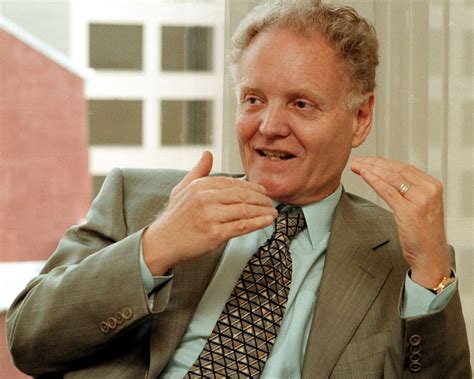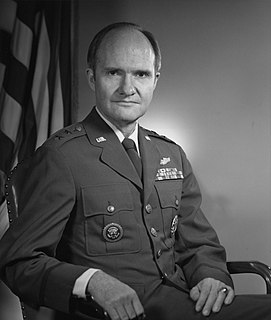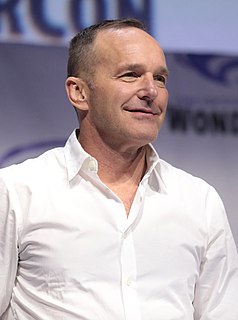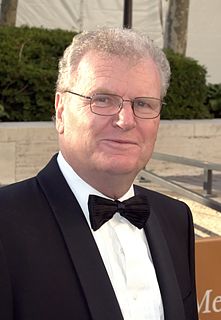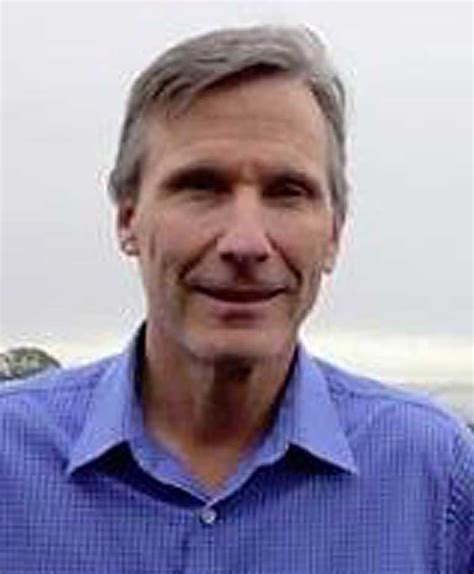A Quote by Todd Gitlin
American movies and music deliver themes of freedom, innocence, and power that appeal to others - partly because America itself was put together out of a multiplicity of national traditions.
Related Quotes
There is nothing antithetical in American history, culture, or traditions to teamwork. Teams were important in America's history - wagon trains conquered the West, men working together on the assembly line in American industry conquered the world, a successful national strategy and a lot of teamwork put an American on the moon first (and thus fare, last). But American mythology extols only the individual...In America, halls of fame exist for almost every conceivable activity, but nowhere do Americans raise monuments in praise of teamwork.
Foreigners have a complex set of associations in their minds when they think of America - from Iraq to 9/11, certainly, but also from Coke to jeans. It is entirely possible for people around the world to love American products, American books, American movies, American music, and dislike the policies of the government of America.
The hardest thing to get right is to figure out how to bring all those characters together, and to fulfill the promise of The Avengers. They really set a very high bar for themselves because you've been setting this coalition up, for these five movies, and they better deliver. And in my opinion, they thoroughly deliver.
The American movie, in part because America's a melting pot, the cultural hodgepodge that America makes, generates movies that have appeal across all international boundaries. And that's really not true for most domestic film industries. It's no longer true of France and Italy, less true than it used to be of the U.K.
I am attracted to looking at the different things language can mean even in one sometimes quite ordinary utterance. Writing is partly about listening closely to yourself as you think or compose and being aware of the different tensions and weights among the words, the different directions any one of them could lead. I like to play with the multiplicity and instability of meaning partly out of a sense of adventure, to see where that takes me and partly in a whistling past the graveyard kind of way because, of course, sensing stable meaning fall away can be scary.

